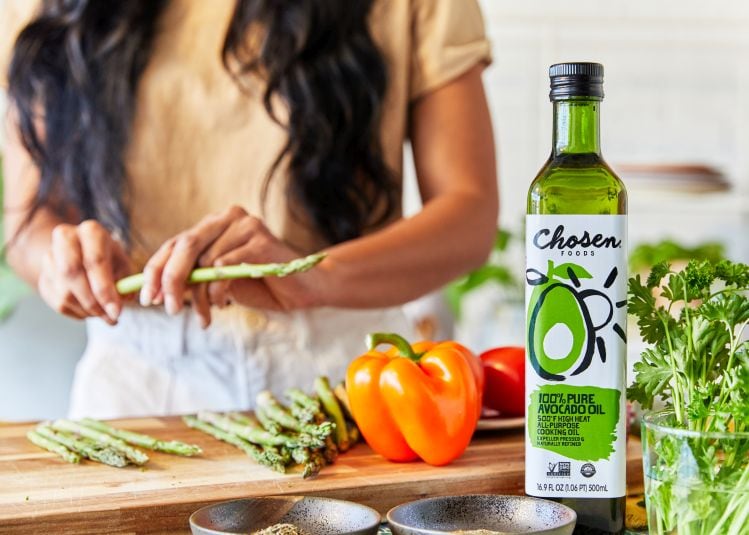Through its direct-to-consumer site, consumers can now buy 1-gallon jugs of Calyno high oleic soybean cooking oil. Each order will come with three recipes on how to use the oil in everyday food preparations.
“Our e-commerce launch offers consumers a new option that is heart-healthy and highly functional,” said Jim Blome, CEO of Calyxt.
“We are thrilled to provide consumers access to our premium oil – an incredible new offering for individuals and smaller dining establishments. We look forward to this exciting next step in our commercialization process.”
Cooking oil serves as proof of concept
Minnesota-based Calyxt uses advanced gene editing technology developed by the company’s co-founder and chief science officer, Dan Voytas, Ph.D., that allows for precision targeting of existing genes with a plant’s genome allowing scientists to select for desired characteristics and accelerate the breeding process.
"We’re doing what farmers and botanists have been doing for hundreds of years: choosing the best crops and breeding them to make stronger, more sustainable plants. We accelerate that process with leading-edge TALEN® technology to enhance the unique characteristics that naturally exist in each plant, allowing us to develop healthier and more sustainable ingredients," Trina Lundblad, director of corporate communications at Calyxt, told FoodNavigator-USA.
“The commercialization of our HO soybean products serves as proof of concept and sets the stage for future growth,” she said, adding that the precision breeding technology can be applied to many crops from wheat to hemp.
Calyxt is currently collaborating with other companies to bring new solutions to market leveraging its plant breeding technology.
In 2016, for example, Calyxt entered into a collaboration agreement with S&W Seeds to develop alfalfa crops with improved digestibility. The project reduced lignin in the alfalfa, enabling better digestibility and may lower the water intake and methane gas output of animals consuming the crop, according to the company.
Consumer access to chef-quality oil
Calyno originally debuted in foodservice channels, from QSRs to fine dining restaurants, gaining traction with chefs for its functionality and clean, neutral taste profile.
“Its performance speaks for itself, as does the nutritional profile. All the benefits that chefs realize at home, a consumer would as well,” Lundblad said.
A 2018 Oil Comparison Study conducted at the Penn State University Center for Food Innovation showed up to a 3X increase in fry life using Calyxt oil vs. conventional soybean oil.
“As a chef, we look for an oil that will give us the results we want; and for us, that is a good sear with great frying performance. Calyno oil provides this and more, even delivering a clean, non-greasy finish,” commented Nettie Colón, chef de cuisine at The Lynhall Minneapolis.
For the novice to intermediate at-home cook, Calyno soybean oil has a higher smoke point than many other common cooking oils (such as olive oil and conventional vegetable oil), meaning consumers and novice cooks can sauté, fry, and sear without worrying about burning food.
“It’s not just something you have to use on the stovetop, you can use it baking, dressings, and to replace butter,” added Lundblad.
The oil's other primary selling point is its health profile, added Lundblad.
Calyno oil is allergen and gluten-free, with zero grams trans-fat per serving, 20% reduced saturated fat and comes with an FDA qualified heart health claim, according to the company.
A recent survey published by the International Food Information Council and American Heart Foundation revealed that 43% of American consumers are always on the lookout for healthy options when shopping, and according to the USDA, soybean oil had the highest level of consumption of any edible oil in the US in 2019.
Lundblad acknowledged that while most consumers may not be used to purchasing cooking oil in such a large quantity, the pandemic has changed the way many people are looking at pantry staples (e.g. buying in bulk to avoid trips to the grocery store). However, the company will explore other packaging options, said Lundblad
“It’s just our first offering, but certainly everything’s on the table in terms of package size and availability.”




